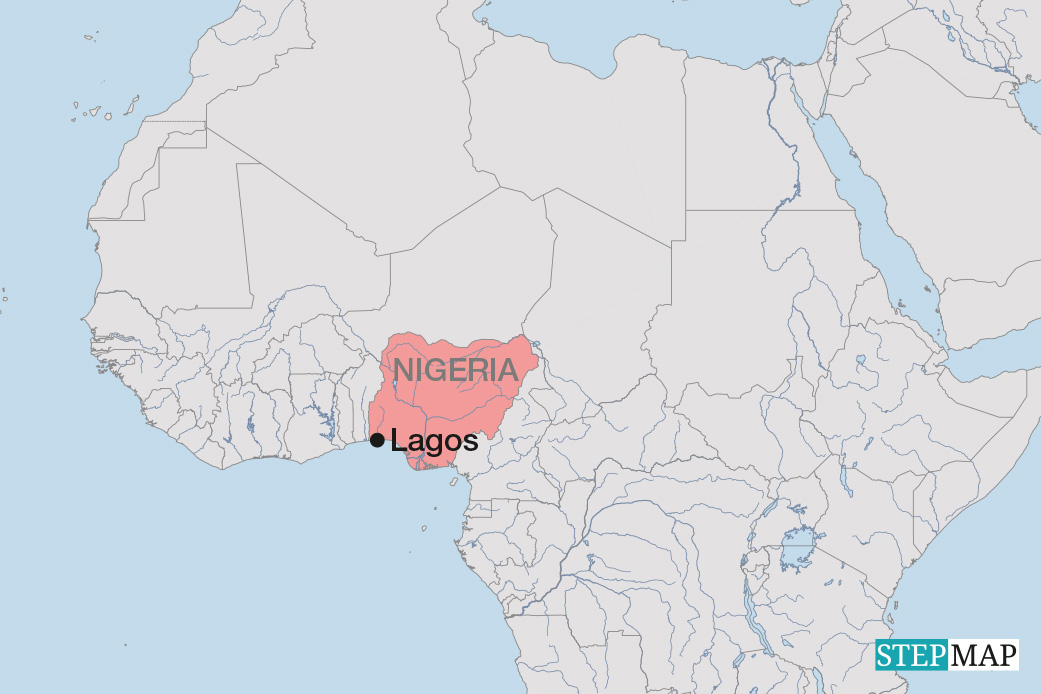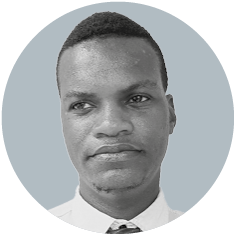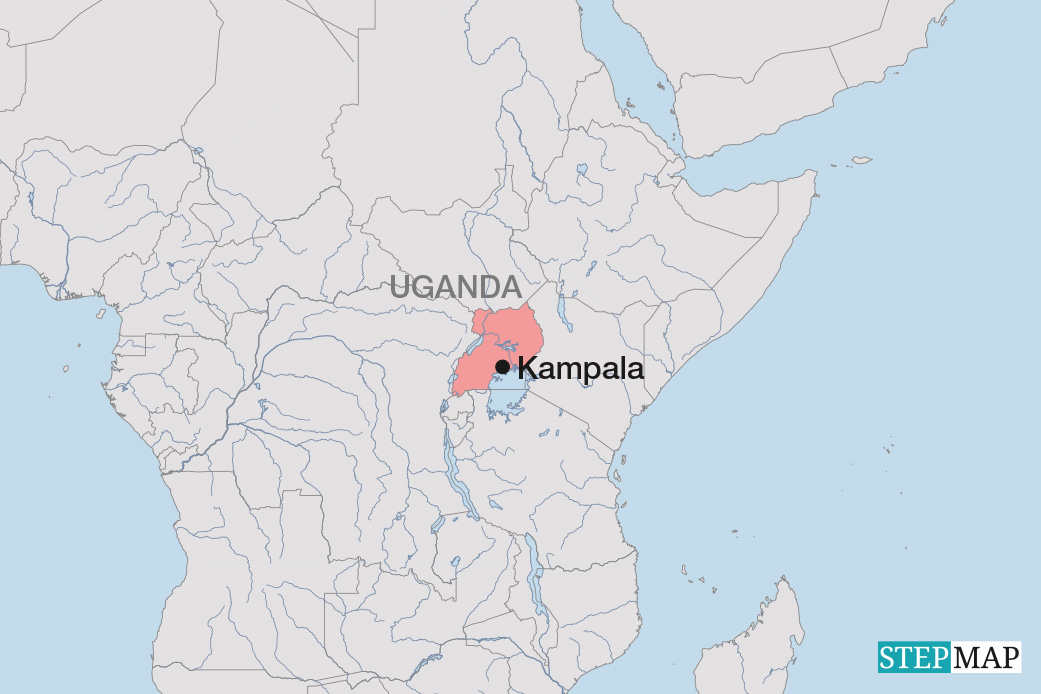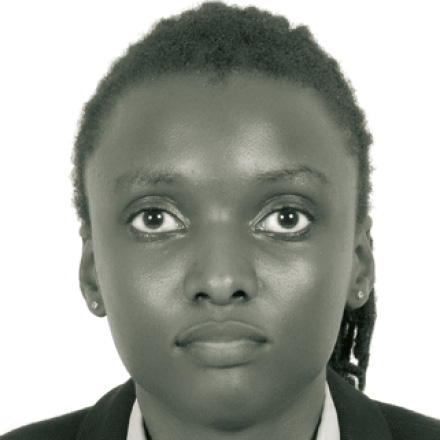Disability inclusion
People with disabilities in Nigeria face barriers to cancer treatment
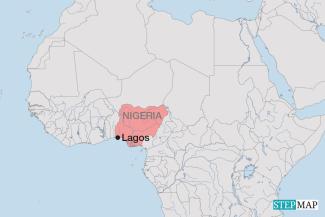
Fatima, a 34-year-old wheelchair user, discovered a lump in her breast but waited months before seeing a doctor. “I kept thinking, ‘How will I even get to the hospital?’” she says, her voice tinged with frustration. “The clinics close to me don’t have ramps, and the ones that do are too expensive. By the time I got help, the cancer had spread.”
Structural barriers in healthcare access
Fatima’s story is not unique. In Nigeria, people with disabilities (PWDs) often face poverty and systemic neglect. Hospitals are often physically inaccessible – stairs without ramps, narrow doorways and the absence of sign language interpreters make visits difficult or impossible. “It’s not just about getting in the door,” says Lawal Jamiu, a public health advocate. “It’s about being treated with dignity once you are inside. Many healthcare providers don’t know how to communicate with or accommodate PWDs, so they’re often overlooked or dismissed.”
Delayed diagnoses and limited access to preventive care are pressing problems too. “By the time many PWDs reach us, the cancer is usually advanced,” explains Jamiu. “It’s a tragedy because many of these cases could have been detected earlier through proper screening.”
Social attitudes also play a role. Disability is still often viewed through a lens of pity or invisibility, even in healthcare settings. “Doctors sometimes talk to my carer instead of me, as if I’m not there,” says Yahaya, a 42-year-old man with a visual impairment who was diagnosed with prostate cancer. “It’s like they think because I can’t see, I can’t think or speak for myself.”
Steps towards inclusive healthcare
The emotional toll is enormous. For many PWDs, the struggle to access healthcare is also a struggle for recognition – a demand to be seen, heard and respected. “We’re not asking for charity,” Fatima says. “We’re asking for what’s right: equal access to healthcare, tailored services and respect.”
What needs to change? First, there must be greater awareness. Public health campaigns should include PWDs – not as an afterthought but as central participants. Hospitals need to be made physically accessible and healthcare workers require training to address the specific needs of people with disabilities. Policymakers must prioritise disability rights, ensuring that laws are not only written but also enforced. But real change also begins with society itself. Disability is not a tragedy; neglect is. Yahaya puts it like this: “Cancer doesn’t discriminate, so why should healthcare?”
Fatima also believes that it is important to create a world where no one, regardless of ability, is left behind. A world where care is not a privilege but a right. Her voice softens as she adds, “I don’t want pity. I want change.”
Olalekan Oyeleke is a professional amputee football player, coach, writer and disability sports educator based in Ilorin, Kwara State, Nigeria.
rhassmako@googlemail.com

